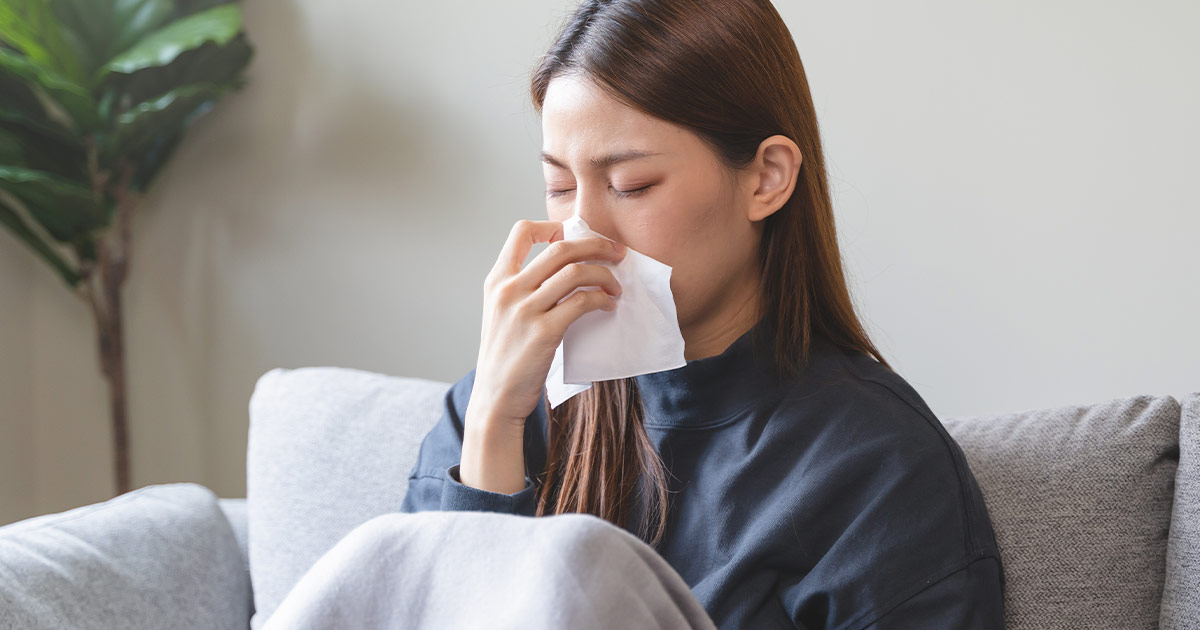In recent research, Pine Rest found the COVID-19 pandemic could increase suicide rates by 15% to 32%. However, there are many steps we could take to mitigate these dire impacts. One of the simplest: Learn what to watch for and start a conversation.
Bringing up the subject of suicide DOES NOT increase the chances that a person will become suicidal or be more apt to act on such thoughts. In fact, it's just the opposite. Talking about suicide diminishes suicide's power.
Suspecting or learning a friend or loved one is contemplating suicide can be overwhelming and frightening. However, being direct is the best approach. Dancing around the subject might make us feel more comfortable, but it's less likely to elicit an honest answer.
For instance, if we ask someone if they have thoughts of hurting themselves or if they have any "dark" thoughts, the answer may not tell us what we really need to know. People who consider suicide don't necessarily consider dying by suicide to "hurt"—maybe quite the contrary—and "dark" thoughts is so vague as to be unhelpful.
The best way is to just wade in directly, but sincerely:
"I've noticed ______, and I am worried about you. Have you been having the feeling that you would be better off dead or have you had any thoughts of killing yourself?"
If the answer is "yes," keep the conversation going with these questions:
- Have you identified any ways you might use to kill yourself?
- Are you preparing in any way to kill yourself (online searches, writing a note, buying or hiding items)?
- Do you have a specific plan to kill yourself?
- Have you decided that you are going to attempt suicide? If so, when?
- Have you ever attempted suicide without telling me or anyone else?
If the answer is "yes" to the first question, it's important to follow up with the remaining questions, to start talking about it often, and to schedule an appointment with a mental health professional. A "yes" to any of the remaining questions merits the need to speak with a mental health professional immediately and possibly even staying with the person in visual proximity until help can be obtained by contacting 911, a hospital, a therapist, a physician, or a suicide prevention hotline.
Visit pinerest.org/suicide for more information, warning signs and talking tips.
Written by Gordon Green, LMSW, ACSW, CAADC, Therapist and Drug & Alcohol Counselor, Pine Rest Christian Mental Health Services.
Courtesy of Pine Rest Christian Mental Health Services.
Photo courtesy of Pine Rest Christian Mental Health Services.




